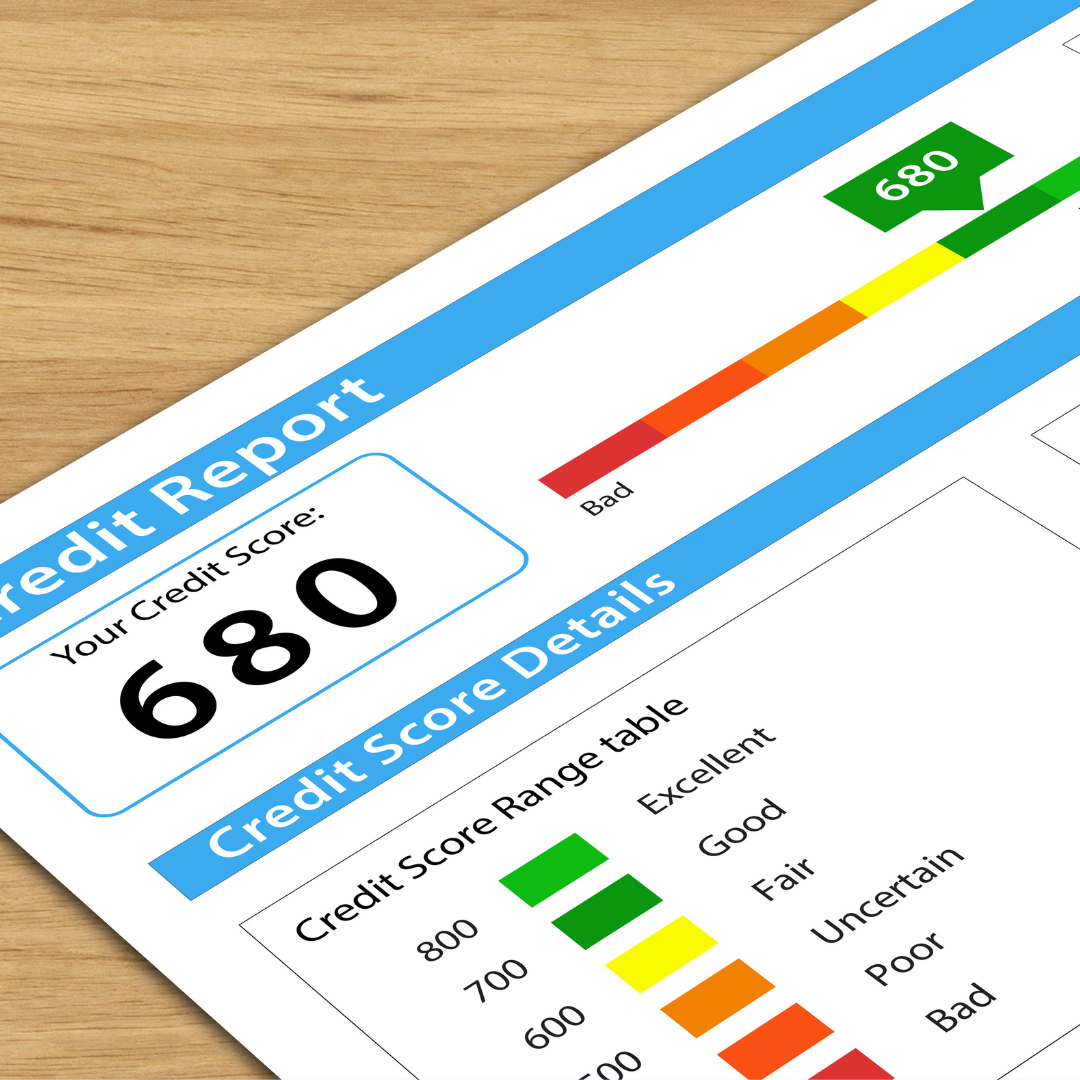
Understanding Your Credit Report.
In the financial world, your credit report is a crucial document that paints a picture of your creditworthiness.
It’s like a financial CV, summarising your credit history and habits to lenders. Understanding it can empower you to make informed financial decisions and secure better loan terms.
What’s Included in Your Credit Report?
Your credit report contains a wealth of information, including:
-
Payment history is the most critical factor in your credit score, reflecting how consistently you’ve paid your bills on time.
-
Credit utilisation: This measures the percentage of your available credit that you’re using. A high utilisation can negatively impact your score.
-
Length of credit history: A more extended credit history indicates greater financial stability.
-
Credit inquiries: Each time you apply for credit, a hard inquiry is recorded, which can temporarily lower your score.
-
Public records: This section includes information like bankruptcies and court judgments.
Why is Your Credit Report Important?
Your credit report plays a significant role in your financial life:
-
Loan applications: Lenders assess your creditworthiness based on your report to determine whether to approve your loan applications.
-
Employment: Some employers may consider your credit history as a factor in hiring decisions.
-
Renting an apartment: Landlords may check your file to assess your ability to pay rent on time.
How to Access?
You can obtain your file from several agencies, and the main three are Experian, Equifax & Transunion.
Read why you need an Emergency Fund
Maintaining a Healthy Credit Report
By following these tips, you can foster a positive credit history:
-
Pay bills on time: This is the most critical factor in boosting your credit score.
-
Keep credit utilisation low: Aim to keep your credit utilisation below 30% of your total available credit.
-
Reduce your credit card debt: Paying off debt can improve your credit utilisation and score.
-
Review your credit report regularly: Check for errors or discrepancies and dispute them promptly.
Conclusion
Your credit report reflects your financial responsibility and can open doors to opportunities or limit your options.
By having a better understanding and taking proactive measures to maintain a healthy credit history, and seeking professional guidance when needed, you can manage your finances wisely and secure financial stability.
